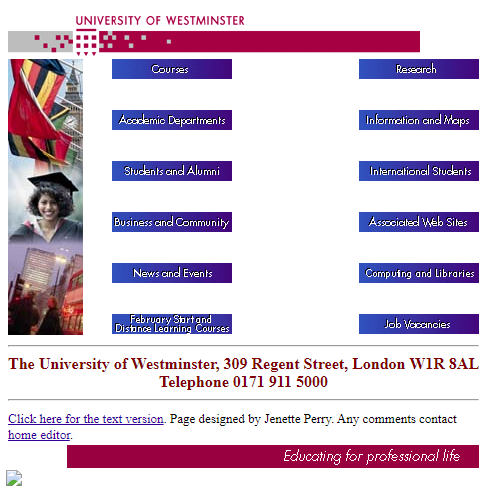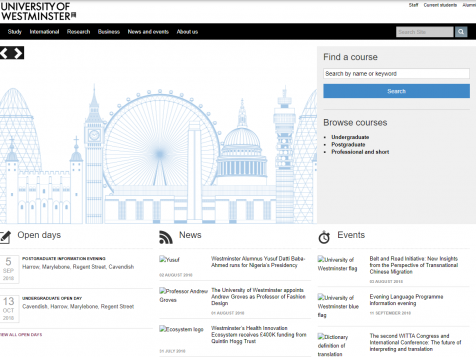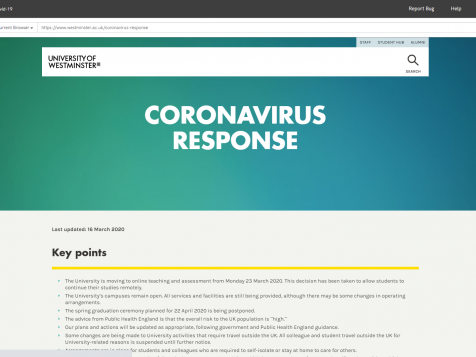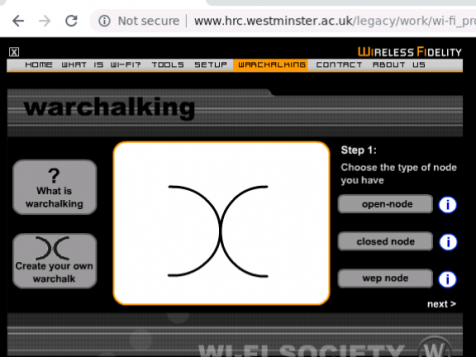As suggested above, one of the first things to recognise is that as with conventional archives, not everything will make it into a web archive. However, even if a site has been archived, researchers also need to keep in mind that no archival copy will be a 100% faithful recreation of the original experience. Websites use a wide variety of underlying technologies, many of which change frequently, making perfect capture and playback impossible. At the University, although we are careful to perform quality assurance on our captures, not all problems can be resolved and you might come across missing images or media and the occasional broken link. Archives will also always, to some extent, be meditated by the software that was used to create them and play them back on the user’s computer. These issues mean that web archives, like all archival sources, should be approached critically. For more advice on using web archives as a researcher, see our libguide on working with digital archives.
If you have your own website or manage one for work, there are steps you can take to make it more ‘archivable’. Fortunately, as web crawlers often work in a similar way to screen readers and other accessibility tools, many of the steps you take to enhance accessibility will also help make your pages easier to archive. The US Library of Congress has a helpful guide on this subject and you can also use the Archive Ready site checker, to get a quick idea of how compatible your site would be with common web archiving systems.
Providing access to web archives can also be challenging and currently, access to web archives held by the University is provided on request. If you are a researcher interested in accessing our archives, please contact us.
Jacob Bickford May 2021



